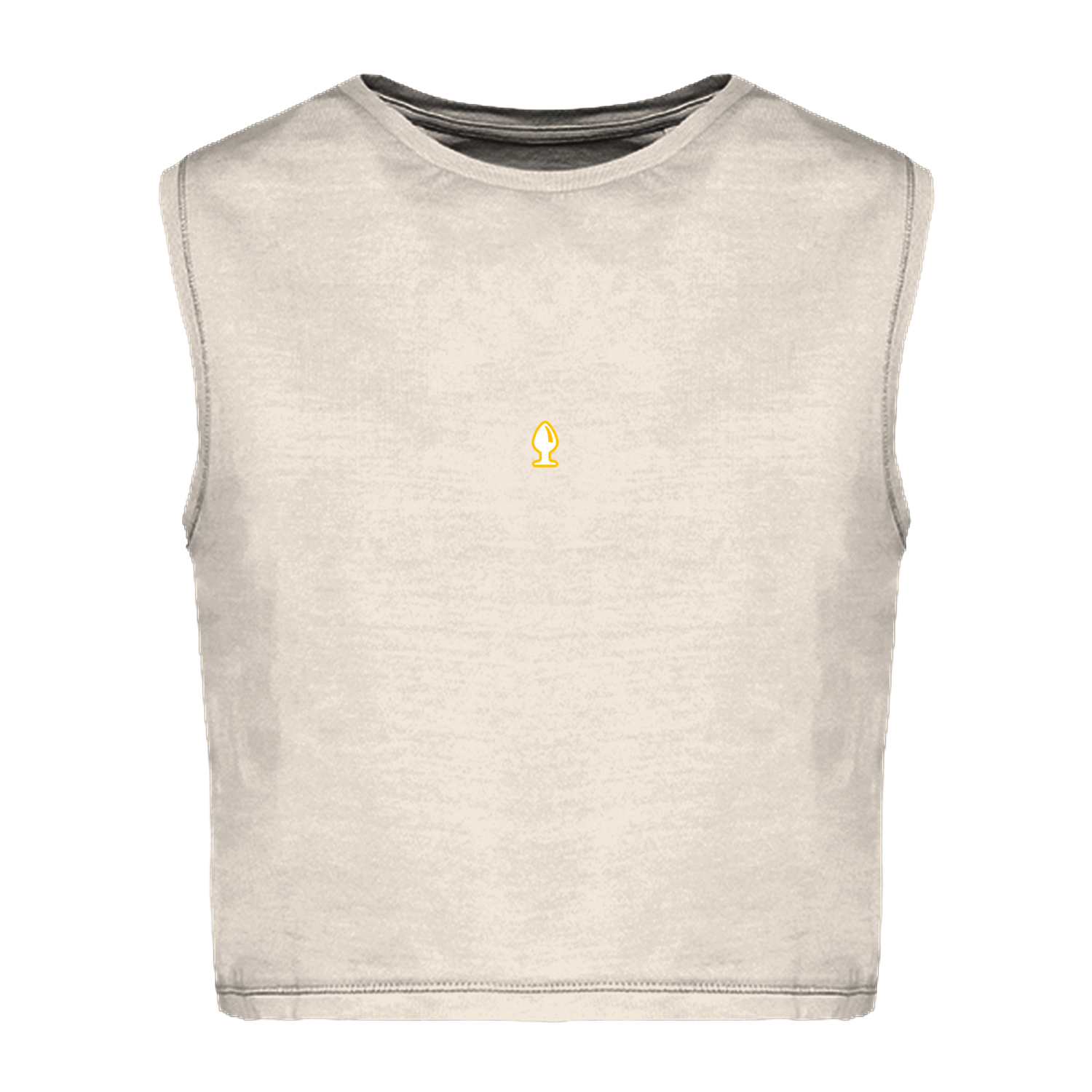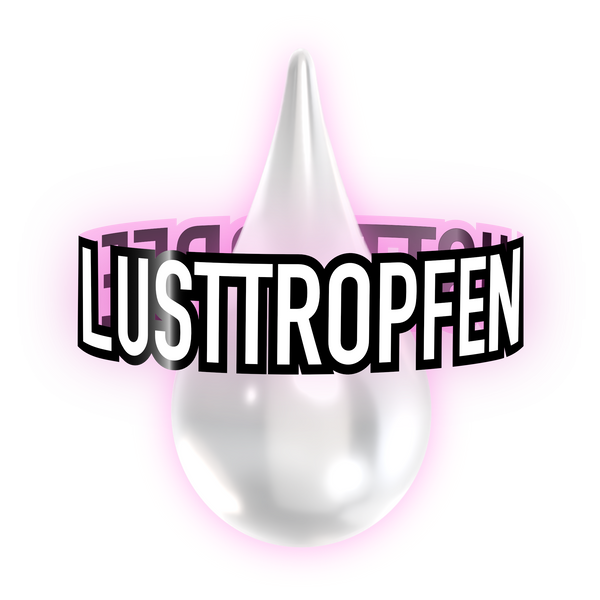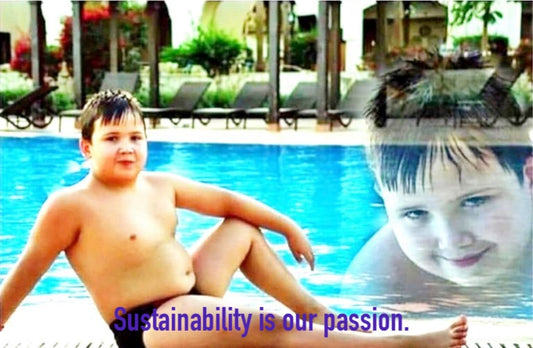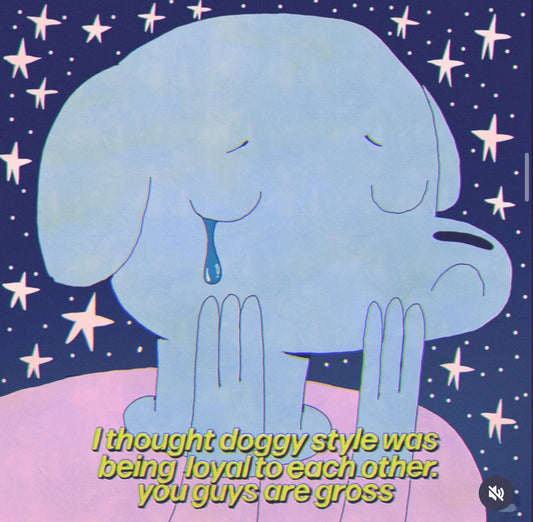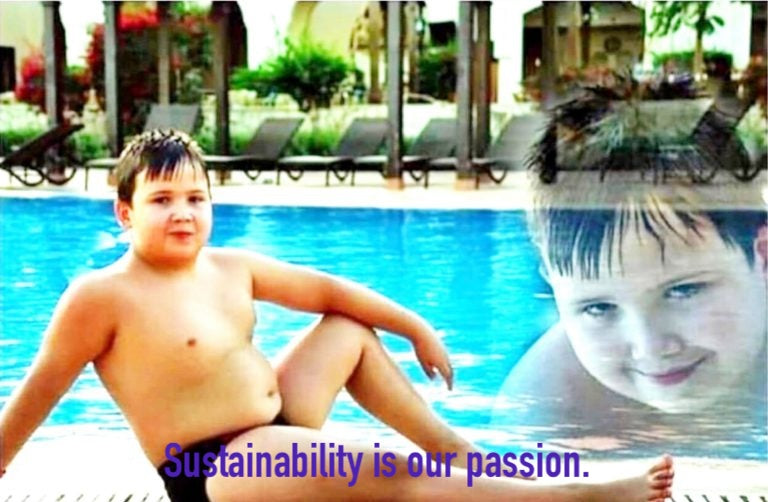
Sustainability is our passion
It is our greatest duty to take part to convert our economy to a more sustainable one. The fashion industry has a significant impact on the climate catastrophe. According to the report "Fashion on Climate", the fashion industry is responsible for about 4% of global greenhouse gas emissions annually, accounting for the energy consumed across the entire supply chain, from textile production to consumer use.
In contrast, the Ellen MacArthur Foundation estimates that the industry contributes up to 10% of global emissions, emphasizing the industry's wasteful linear systems and high consumption of natural resources.
The United Nations Environment Programme (UNEP) also highlights the fashion industry's consumption of more energy than the aviation and shipping industries combined. Additionally, it is the second-largest global consumer of water, contributing massively to water pollution.
Our commitment
At LUSTTROPFEN.com, we firmly believe that every company must contribute to the global effort of transitioning to a circular and sustainable economy. We invite you to be part of this transformation.
Our production system is designed to be sustainable and circular. You won't find any non-organic or non-recycled products in our line-up. Moreover, we ensure fair working conditions at all our manufacturers, taking pride in responsible sourcing and ethical practices.
Sustainable Materials: A Breakdown of Our Collections
At LUSTTROPFEN.com, every material we use is selected with sustainability and long-term use in mind. Here's how each material contributes to our goals:
Hemp
Celebrated as one of the most sustainable fibers in fashion due to its low environmental impact. It requires significantly less water compared to cotton and is naturally resistant to pests, eliminating the need for harmful pesticides. Additionally, hemp plants improve soil health thorough their deep root systems, which prevent soil erosion. We favor hemp for its carbon sequestration abilities, as it absorbs more CO₂ per hectare than most other crops, making it a highly eco-friendly option for sustainable clothing.
In-conversion cotton
Supporting in-conversion cotton helps farmers transition from conventional to organic practices, leading to reduced pesticide use and better soil health.
Merino Wool
This biodegradable and renewable fiber is ethically sourced from sheep raised in humane conditions. The wool of our manufacture is certified with the Responsible Wool Standard certificate which includes a traceable system, from the farmer to the end product, to ensure that all aspects of the welfare (or shall we say woolfare - haha - ok. boomer) of the sheep are respected. The animal welfare is defined within five criteria: sufficient space, absence of stress, access to food and water, resting space and care in case of illness or injury. Merino wool's temperature-regulating properties make it a long-lasting material that minimizes the need for frequent washing an replacement.
Sorona
Never heard of that. Sorona is a 37% plant-based fiber, made from renewable materials. The production requires 30% less energy and emits 50% less greenhouse gases compared to traditional synthetics like nylon. It provides a sustainable alternative without sacrificing performance. So the impact of using Sorona is significant. It is mainly used in produced which require a long lasting stretch.
Jute
Finally. Everybody has their favorite jute bag to haul the Club Mate to meet the friends at the Stadtpark on a sunny Saturday afternoon. Jute is one of the most sustainable natural fibers, praised for its low environmental impact. It grows quickly, taking about 4 - 6 months to mature and thrives in regions with high humidity and rainfall. Importantly, around 85% of jute cultivation is rain-fed which reduces the need for irrigation water compared to other crops. Jute absorbs significant amounts of carbon dioxide, with one hectare of jute plants capable of consuming up to 15 tons of
Modal
Produced from sustainably sourced beech trees, the production process of modal requires significantly less water than conventional cotton. It's a highly biodegradable material. It is softer, smoother and more hard-wearing than viscose. Furthermore modal is a less hygroscopic material than cotton.
Recycled cotton
Only 1% of all cotton based products are recycled. We have the honor, to be one of this upper 1%. Recycled cotton reuses pre- and post-consumer waster, reducing the environmental impact associated with virgin cotton production. If you have the choice, take the choice. We have to bring more of recycled cotton into the market.
Recycled polyester
This material gives new life to plastic waste, such as bottles. It requires less energy to produce than virgin polyester, making fit a more eco-conscious option. Our products are certified with the "Global Recycling Standard" certificate.
Lyocell
Lyocell is produced from sustainably harvested wood pulp using a closed-loop process that recycles solvents and minimizes environmental impact.
Organic cotton
Choosing organic cotton over conventional cotton or even nylon is an absolute no brainer. It presents significant benefits for the environment and ethical labor practices. Organic cotton uses up to 91% less water and avoids harmful pesticides, leading to a 98% reduction in water pollution. According to the World Wildlife Fund (WWF) it takes 2,700 liters of water to produce a single cotton t-shirt. Compared to just 100 liters of water for an organic cotton shirt. Due to the robust capabilities of the organic cotton plant, there is no need for the use of pesticides. Furthermore, the organic cotton used in our products is labeled with the "Organic 100" and the "Organic blended" certificates by Textile Exchange. Organic practices often support fair trade, guaranteeing fair wages and better conditions for workers. It is a no brainer.
Doing the Right Things vs. Doing the Things Right
At LUSTTROPFEN.com, we do not just do the right things - we strive to do things right. In an industry known for its environmental degradation, we take responsibility for offering only sustainable and green options. When you shop with us, you are choosing fashion that does less harm to the planet. Our timeless designs are crafted with the highest quality to ensure longevity, meaning your purchases will last for years - not just a season. By choosing the apparel of LUSTTROPFEN.com, you are making environmentally conscious decisions without compromising on style or values.
So, choosing LUSTTROPFEN.com means supporting a brand that puts the planet first. We are committed to reducing our and you carbon footprint and ensuring that every step of our production process is sustainable and fair. Join us in making a difference - one garment at a time.
Take care.
Be kind.
Be kinky.
Have a great day. We love you 🥰
